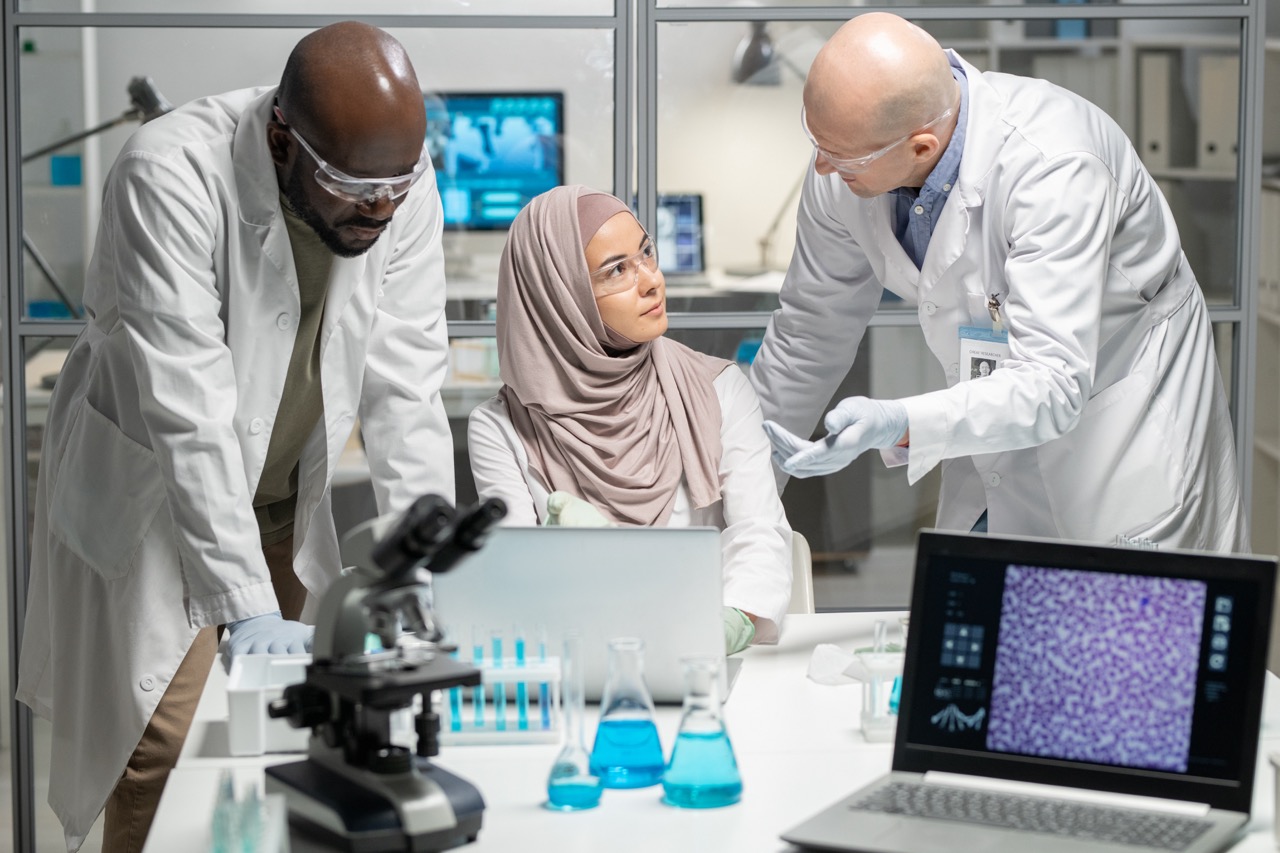Carolyn R. Bertozzi is a prominent figure in the field of glycobiology, known for her innovative research and significant contributions that have transformed our understanding of glycan biology. Her lab has played a pivotal role in exploring the complex roles of carbohydrates in biological systems, revealing how these molecules influence cellular processes and disease mechanisms. The intersection of chemistry, biology, and medicine in her work has opened new frontiers in glycobiology, offering insights that are essential for advancing therapeutic strategies.
Overview of Carolyn R. Bertozzi’s Contributions to Glycobiology
Carolyn R. Bertozzi’s research has been instrumental in establishing glycobiology as a critical area of study within biomedical research. She has focused on the role of glycans—complex carbohydrates that play vital roles in cellular communication, immune response, and pathogen interactions. By elucidating the structural and functional diversity of glycans, Bertozzi has provided a framework for understanding their implications in health and disease. Her efforts have not only advanced the scientific community’s knowledge but have also underlined the importance of carbohydrates in various biological contexts.
Bertozzi’s work has emphasized the significance of glycosylation, the process by which sugars are added to proteins and lipids. This modification alters the properties and functions of biomolecules, influencing everything from cell signaling to immune recognition. Her research has led to the identification of novel glycosylation patterns associated with various diseases, including cancer and infectious diseases, thereby highlighting potential biomarkers for diagnosis and therapeutic targets. Bertozzi’s contributions have significantly enriched the field, making her a leading figure in glycobiology.
Furthermore, Bertozzi’s work extends beyond academic research, influencing practical applications in biotechnology and medicine. Her pioneering studies on glycan-targeted therapies have opened new avenues for the development of drugs that can selectively target diseased cells while sparing healthy ones. This strategic approach represents a paradigm shift in therapeutic development, showcasing the potential of glycobiology to inform clinical practice.
Innovative Techniques Developed in Bertozzi’s Research Lab
One of the hallmark contributions of Bertozzi’s lab is the development of bioorthogonal chemistry, a set of chemical reactions that occur inside living organisms without interfering with native biochemical processes. This innovative technique allows researchers to label and visualize glycans in live cells, providing unprecedented insight into the dynamics of glycan biology. By employing bioorthogonal reactions, Bertozzi’s lab has enabled the tracking of glycan modifications in real time, enhancing our understanding of how glycans function in various biological contexts.
Additionally, Bertozzi’s lab has pioneered the use of click chemistry—a method that facilitates the rapid and efficient joining of molecules—to study glycans. This approach has proven to be valuable in synthesizing glycan probes that can be used to investigate glycan interactions and their roles in cellular processes. With click chemistry, researchers can create highly specific glycan structures, allowing for detailed studies on how these molecules influence cell behavior, adhesion, and signaling pathways.
The combination of bioorthogonal chemistry and click chemistry has positioned Bertozzi’s lab at the forefront of glycobiology research. Researchers in her lab have also developed innovative imaging techniques that utilize these chemical methods to visualize glycan distribution and dynamics in tissues and living organisms. This comprehensive toolkit of methodologies not only accelerates research in glycobiology but also enhances collaboration across various scientific disciplines.
Key Discoveries in Glycan Function and Structure Analysis
Bertozzi’s lab has made significant strides in understanding the structural diversity of glycans and their functional implications. One of the key discoveries includes the identification of specific glycan structures that are crucial for the recognition of pathogens by the immune system. This research has important implications for vaccine development and therapeutic strategies aimed at enhancing immune responses against infectious diseases. By revealing how glycans mediate interactions between pathogens and host cells, Bertozzi has provided valuable insights for designing targeted interventions.
Another major contribution is the exploration of glycan patterns in cancer biology. Bertozzi’s research has elucidated how changes in glycosylation can contribute to tumor progression, metastasis, and immune evasion. By characterizing the glycan signatures of various cancer types, her lab has identified potential biomarkers for early detection and prognosis, as well as targets for novel therapeutic approaches. This work not only deepens our understanding of cancer biology but also lays the groundwork for glycan-based diagnostics and treatments.
Moreover, Bertozzi has contributed to the understanding of glycan interactions with receptors and other cellular components. Her studies have shown that glycan-receptor interactions are critical for processes such as cell adhesion, signaling, and immune modulation. By investigating the structural aspects of these interactions, her lab has provided insights into how glycan diversity can lead to functional diversity in biological systems. These discoveries are foundational for advancing the field and have substantial implications for developing new therapeutic strategies targeting glycan-mediated processes.
Impact of Bertozzi’s Work on Future Glycobiology Studies
The contributions of Carolyn R. Bertozzi have set a new standard for research in glycobiology, influencing the direction of future studies in the field. Her innovative techniques and methodologies have become essential tools for researchers, enabling them to explore the complexities of glycan biology with greater precision and efficiency. As the importance of glycans in various biological processes continues to be uncovered, the techniques pioneered by Bertozzi’s lab will undoubtedly facilitate a deeper understanding of these molecules and their roles in health and disease.
Bertozzi’s findings on the implications of glycosylation in cancer and infectious diseases have paved the way for interdisciplinary collaborations, integrating glycobiology with immunology, oncology, and infectious disease research. The insights gained from her work have the potential to drive the development of new therapeutic strategies that leverage glycan biology, potentially transforming how we approach treatment for a variety of diseases. As research in glycobiology evolves, Bertozzi’s contributions will serve as a foundation for future discoveries and applications.
Finally, the impact of Bertozzi’s lab extends beyond academia into the realms of biotechnology and pharmaceuticals. The potential applications of her research findings—including the design of glycan-based drugs and diagnostics—promise to revolutionize the healthcare landscape. As the field of glycobiology continues to grow, Carolyn R. Bertozzi’s legacy will persist, inspiring new generations of researchers to explore the intricate world of glycans and their vital roles in biology.
Carolyn R. Bertozzi’s contributions to glycobiology are monumental, bridging the gap between fundamental research and practical applications. Her innovative approaches, key discoveries, and lasting influence on the field underscore the significance of glycans in biology and medicine. As the scientific community continues to unravel the complexities of glycobiology, Bertozzi’s work remains a beacon of inspiration and a guiding force for future research endeavors. Her lasting impact will undoubtedly shape the next decade of discovery in this essential field of study.









